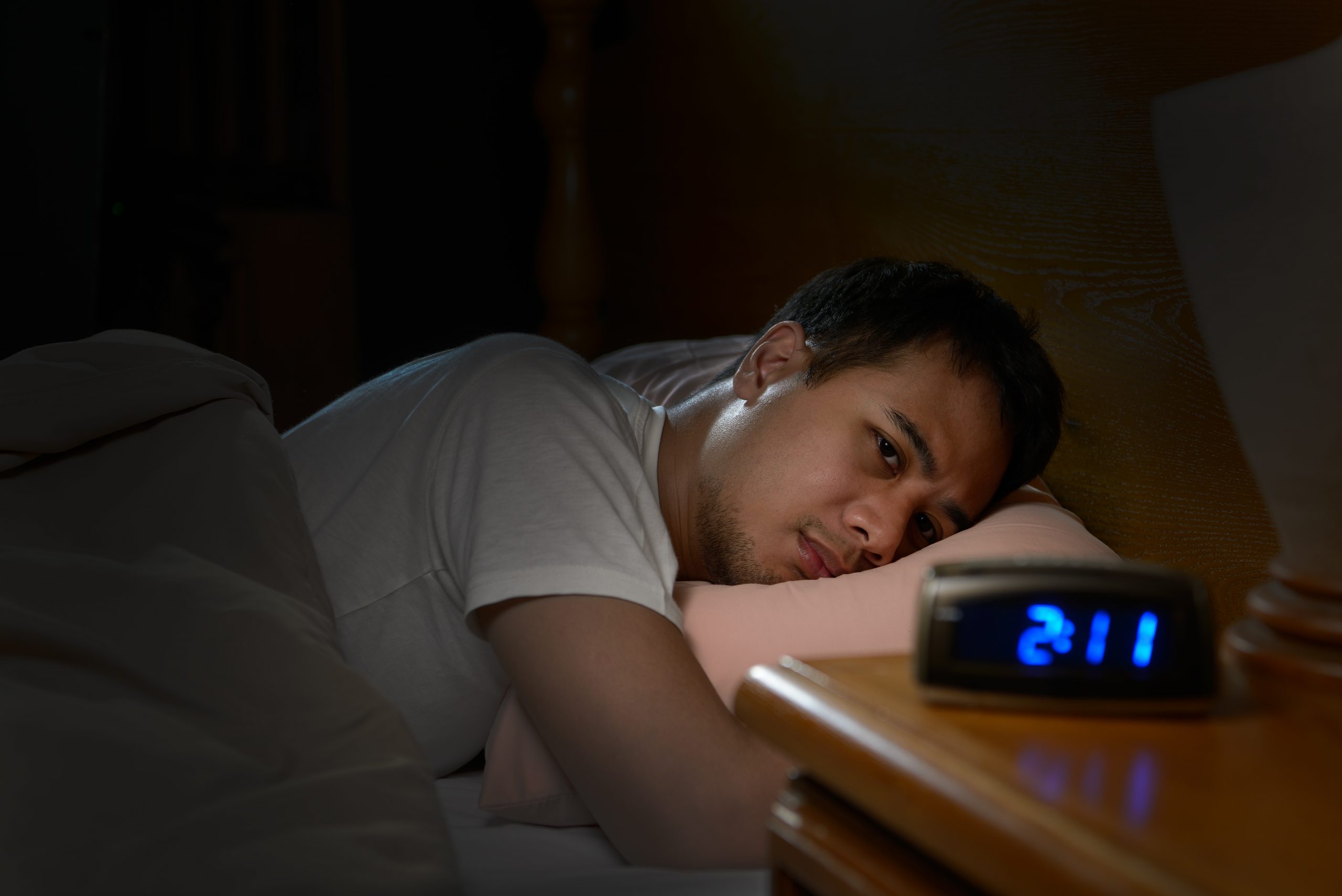
Video from University of Western Australia’s Centre for Sleep Science
The novel coronavirus pandemic is at the forefront of public health concerns, for good reason. But, the world population is facing another global health crisis—a lack of sleep.
More than 35% of American adults suffer from sleep disorders like insomnia, sleep apnea, or restless leg syndrome (RLS), reports the Center for Disease Control and Prevention (CDC).
Poor sleep among Americans accounts for $411 billion per year in lost productivity, and a collective loss of 1.2 million working days per year, according to Fortune Magazine.
Results from a new study, however, suggest cannabis could treat sleep disorders worldwide.
A Key Area of Unmet Need
This April, The University of Western Australia’s (UWA) Centre for Sleep Science found that, “cannabis helps insomniacs sleep,” reports a UWA News.
The study included 23 chronic insomnia patients. Each participant was treated with “single or double doses” of a cannabinoid extract, or a placebo. Neither the researchers, nor patients were aware of which participant had taken the extract, or the placebo, reports UWA News.
Researchers then examined patients for two weeks. They measured how long it took patients to fall asleep. They also measured how long they stayed asleep, and whether or not they felt rested.
Overall, patients who took the extract had a 26% reduction of insomnia symptoms. Those on the highest doses reported a 36% reduction, reports New Atlas news. They also reported feeling less stressed.
Peter Eastwood, lead researcher, told UWA News the project is the first to study medical cannabis on chronic sleep disorders.
Eastwood said that results are significant. “Positive patient experiences with minimal side-effects are critical to the success of any insomnia drug,” he adds. “[It] highlights the potential for this treatment to address a key area of unmet need.”
“Secondary” Sedative Side Effects:
The study is the first to examine the therapeutics effects of cannabis on sleep. But, it isn’t the only to suggest the plant has sedative powers.
For example, the report, The use of Cannabinoids for Sleep: A Critical Review on Clinical Trials, examined existing studies on cannabis and sleep. The authors found that:
“The current literature focuses mostly on the use of tetrahydrocannabinol (THC) and/or cannabidiol (CBD) in the treatment of chronic health conditions such as multiple sclerosis, post-traumatic stress disorder (PTSD), and chronic pain. Sleep is often a secondary, rather than primary outcome in these studies.”
In other words, participants across multiple studies consistently cited sleep as a side effect of cannabis.
Lack of Sleep is a Leading Cause of Death in the U.S.
The study was conducted in Australia, where one-in-three people suffer from sleep issues. However, chronic sleep issues are a global concern.
In fact, research published in the journal Healthcare shows that in the U.S. alone, lack of sleep is, “linked to 7 of the 15 leading causes of death […]., including cardiovascular disease, malignant neoplasm, cerebrovascular disease, accidents, diabetes, septicemia, and hypertension.”
Furthermore, Sleep Cycle, a app that tracks users’ sleep, is finding that no country on earth is getting the recommended eight hours of sleep per night.
The novel coronavirus pandemic has accentuated issues that cause sleep disruptions, like anxiety and interruptions to daily life. According to the Sleep Foundation, “millions of people suffered from insomnia before the coronavirus, and unfortunately, the pandemic creates a host of new challenges even for people who previously had no sleeping problems.”
In light of the growing need for alternative treatments, and the impressive results from the UWA study, the Centre for Sleep Science will launch another investigation into cannabis’ effect on sleep later this year.


Leave a Reply